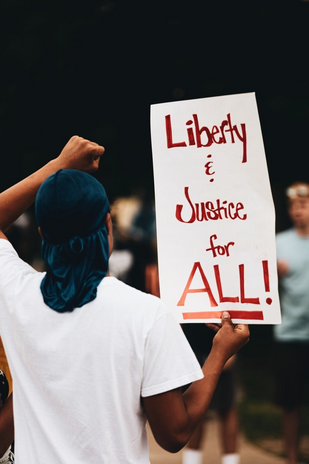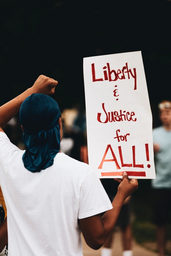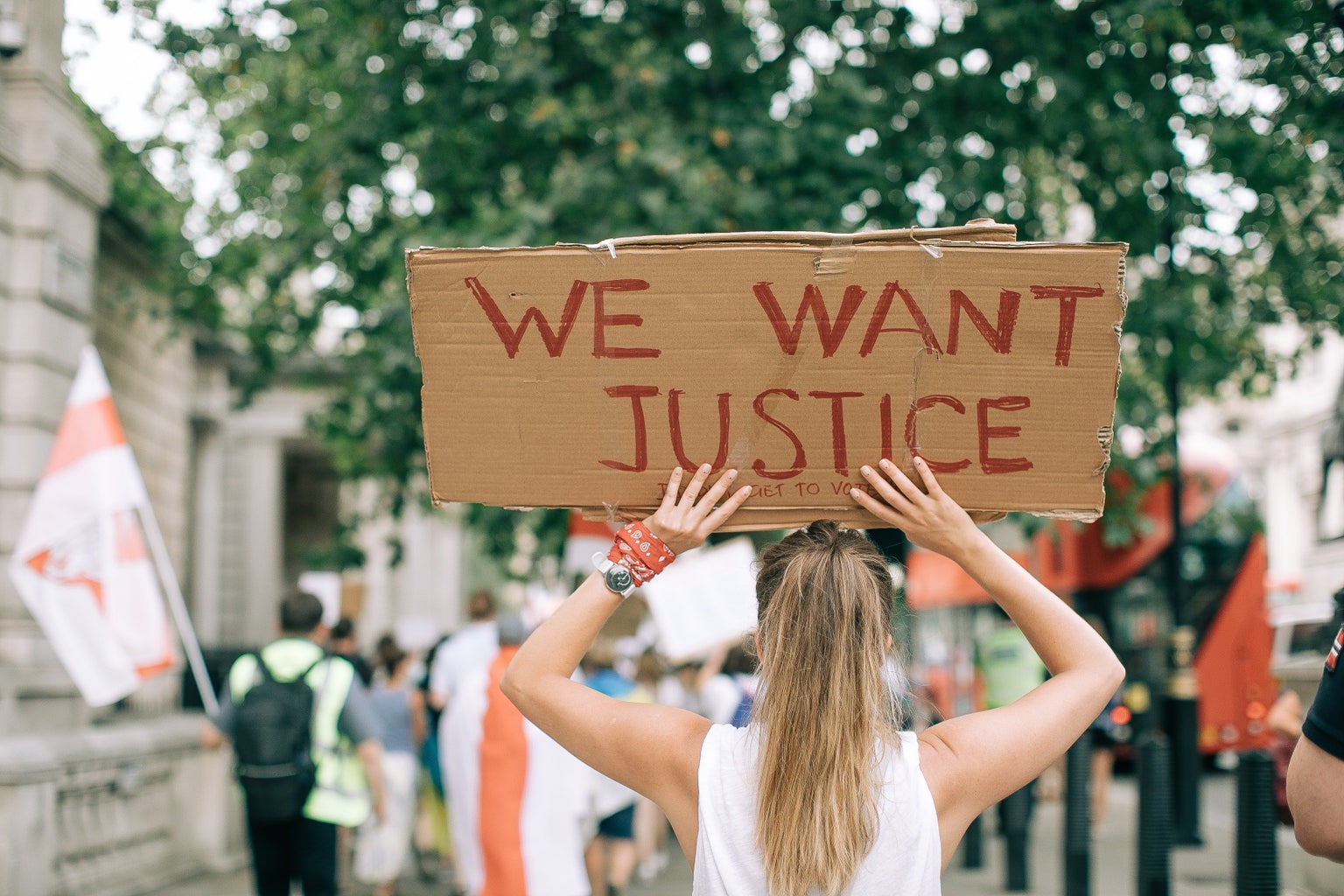I have a fundamental dilemma. I am a Jayhawk, yet I’m from Missouri, and I’m not talking about a Mizzou, KU rivalry, I’m talking about the actual free-state guerrilla groups that bravely fought pro-slavery groups from my home state in the 1850s. I grew up in a former slave state, but the word “former” doesn’t capture the long-term effects that chattel slavery has on a culture and community. The remnants of this bygone era are in plain sight: I grew up across the street from an abandoned plantation home that was later transformed into a public library. My house was likely built on land once worked by enslaved people. Our town square that hosts farmer markets on Saturdays once hosted a public lynching that was a community spectacle watched by every white person around, including children. I uncovered this disturbing fact after scouring the archives of the plantation home library at 16 years old. After traveling to Montgomery, Alabama to visit The National Memorial for Peace and Justice, I initiated a community remembrance project in partnership with the Equal Justice Initiative to shed light on my hometown’s shameful history of racial injustice and lynchings to bring justice to its victims and educate the community on the lasting impacts of the past.
It can be uncomfortable to confront shameful moments from our history, but it is crucial to do so because justice is a constant struggle. Justice is not a constant struggle for one group of people, but for everyone. We are all involved in ensuring a brighter future by learning from the past, by correcting our mistakes, and by advocating for those who need their voices to be heard. I am aware of my privilege and I’m not going to ignore history and avoid seeking justice because “the issues don’t relate to me,” or “it’s too sad,” or “it makes me uncomfortable.” I can use my privilege to draw attention to causes that have been buried or overlooked. I can use my privilege to amplify others’ voices. I can use my privilege in the fight for justice. We are all involved in seeking justice because we are all better off in a just society. We are all responsible for charting a better path for ourselves and for those who have not had their voices heard. We are all needed because justice is a constant struggle.
So, when I think about who I am, I see myself as part of a larger picture. As part of a tapestry of cultures and history and justice. As part of a patchwork quilt society of different fabrics, textures, and colors, and I know that if one thread is loose or weak, the whole quilt can unravel. We must ensure this quilt stays strong. It’s an heirloom quilt. It’s been passed down for generations. It does not start with us, and it does not end with us.





